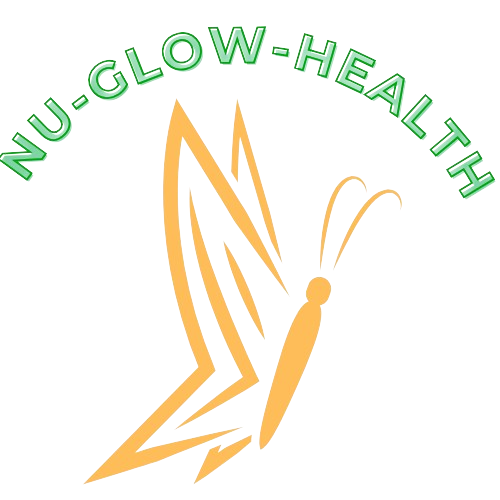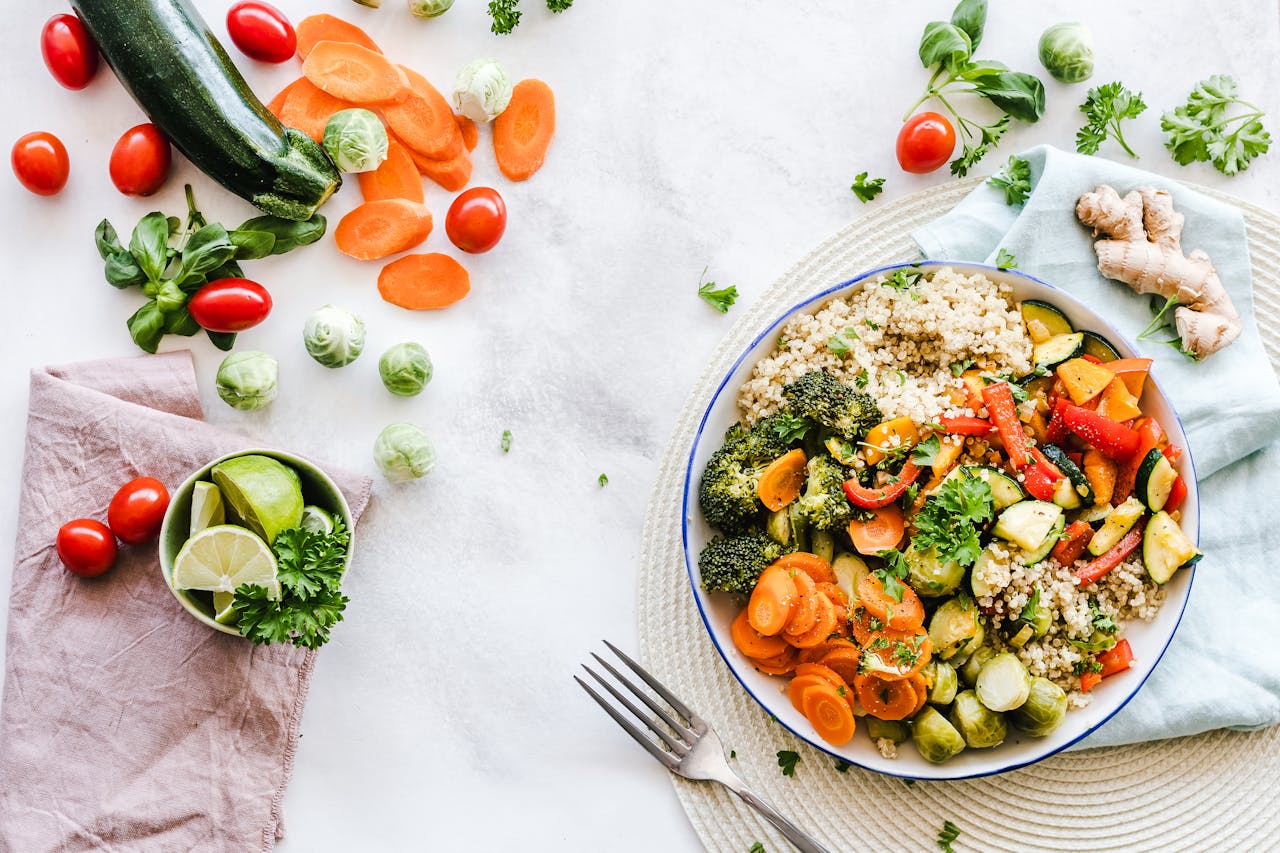Introduction: Why 2025 is a Pivotal Health Year
As we navigate 2025, the conversation around America’s health crisis has never been louder—or more urgent. Chronic diseases like heart disease, obesity, and type 2 diabetes continue to climb. Mental health struggles are skyrocketing. And yet, there’s a growing, evidence-backed solution that’s gaining mainstream traction: the plant-based diet. Could this be the game-changer America needs? This isn’t just a trend—it’s a movement backed by science, physicians, and wellness experts worldwide.
Understanding a Plant-Based Diet
Contrary to popular belief, a plant-based diet isn’t synonymous with veganism. It’s about emphasizing whole, plant-derived foods like fruits, vegetables, whole grains, legumes, nuts, and seeds, while reducing animal products.
Myth: You have to give up everything you love.
Reality: You can flexibly incorporate plant-based meals without becoming 100% vegan.
Research shows plant-based diets lower risks of heart disease, cancer, diabetes, and obesity, and they support mental well-being (Harvard Health).
Mental & Physical Health Connection
Nutrition directly affects brain health. Whole plant foods are rich in:
-
Omega-3s (flax, chia, walnuts) for brain function
-
Folate and B-vitamins (leafy greens, legumes) that regulate mood
-
Antioxidants (berries, veggies) to combat brain inflammation
Studies confirm plant-based eaters experience lower rates of depression and anxiety (Nutrients Journal).
Overcoming Motivation and Diet Struggles
Diet culture often promotes restriction, leaving people frustrated. Plant-based eating focuses on abundance—what you can add rather than subtract.
Actionable tips:
-
Start with one plant-based meal daily
-
Try “Meatless Mondays”
-
Explore plant-based versions of favorite dishes
Nutrition Misconceptions Debunked
Is there enough protein?
Absolutely. Lentils, beans, tofu, tempeh, quinoa, and nuts are rich in protein. A varied plant-based diet easily meets protein needs, even for athletes (The Physicians Committee).
Are carbs bad?
Not at all. Whole carbs like oats, quinoa, brown rice, and sweet potatoes fuel the body with fiber and nutrients. It’s refined carbs we should limit.
What about fat?
Healthy fats are abundant in avocados, nuts, seeds, and olive oil—vital for hormone and heart health.
The Science Behind Plant-Based Health Benefits
Heart Disease:
Plant-based diets lower LDL cholesterol and blood pressure, significantly reducing heart disease risk (American Heart Association).
Type 2 Diabetes:
Studies show that whole-food, plant-based diets can prevent and even reverse type 2 diabetes by improving insulin sensitivity and promoting weight loss (Diabetes Care Journal).
Inflammation:
Plant-rich diets reduce chronic inflammation linked to cancer, arthritis, and autoimmune disorders.
Actionable Plant-Based Strategies for Better Health
Build a Balanced Plate:
-
Half plate: veggies and fruit
-
Quarter: whole grains
-
Quarter: plant-based protein
-
Add a healthy fat (avocado, olive oil)
Meal Planning Made Easy:
-
Use simple recipes (chili, stir-fries, smoothies)
-
Batch cook beans and grains
-
Stock up on frozen produce
Smart Shopping:
-
Prioritize whole foods over processed
-
Read labels — watch for added sugars and oils
-
Buy in bulk (beans, grains, nuts)
Advanced Goal-Setting and Habit Formation
Set Micro Goals:
-
“Eat one plant-based dinner this week”
-
“Replace dairy milk with almond milk tomorrow”
Habit Stacking:
-
Pair habits: drink water before every plant-based meal
-
Track in a journal or app like MyFitnessPal
Tracking Progress:
-
Celebrate small wins
-
Adjust goals as you build confidence
Frequently Asked Questions
How do I get enough protein on a plant-based diet?
Include legumes, tofu, tempeh, quinoa, and nuts daily. Most people easily meet protein needs without animal products.
How can I eat healthy without giving up meat?
Try flexitarian eating: increase plant-based meals while enjoying occasional meat.
What’s a quick plant-based snack idea?
Hummus with veggie sticks, a banana with almond butter, or mixed nuts.
Is plant-based eating expensive?
Not necessarily. Beans, rice, oats, and frozen vegetables are budget-friendly staples.
Can I build muscle on plants?
Yes. Many athletes thrive on plant-based diets using lentils, beans, tofu, and plant protein powders.
What if I don’t like vegetables?
Start small with dishes you enjoy. Blend spinach into smoothies, roast veggies with seasonings, or try veggie-packed soups.
How long until I feel better on a plant-based diet?
Many people notice improved digestion, energy, and mood within 2-4 weeks.
Is plant-based the same as vegan?
Not exactly. Plant-based emphasizes plants but may include occasional animal products, while vegan excludes all animal-derived foods.
Conclusion: Your 2025 Plant-Based Wellness Blueprint
As 2025 offers a clean slate for personal health revolutions, embracing plant-based eating could be the most empowering choice you’ll make. It’s not about rigid rules, but adding nourishing, vibrant foods that fuel your body and mind.
Start small, stay curious, and focus on progress over perfection. The evidence is clear: a plant-based approach isn’t just a diet—it’s a sustainable, life-enhancing shift that could help solve America’s health crisis.
Ready to begin? Make your next meal plant-powered and feel the difference.






